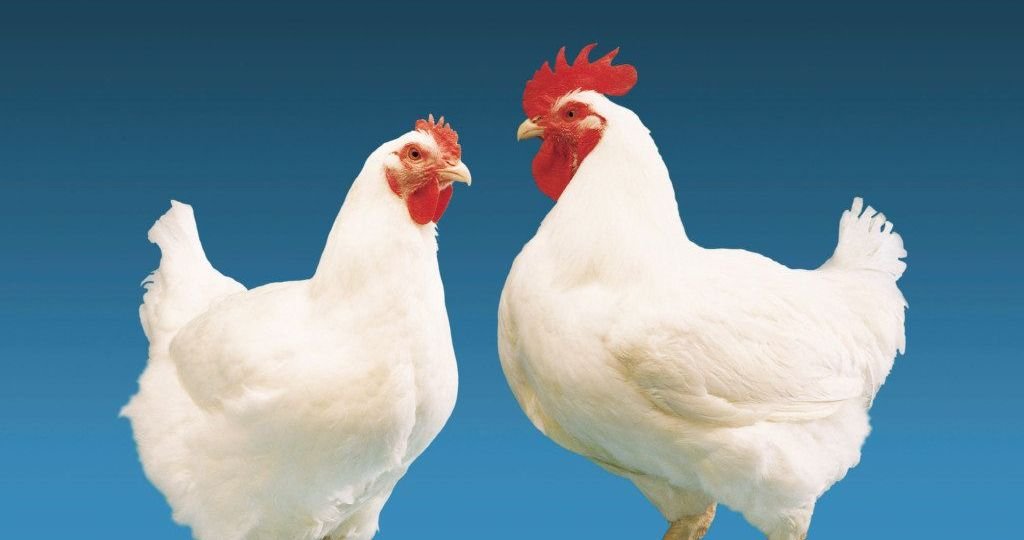

The poultry industry seeks extension of loans for importing GM soybean.
After facing crushing losses for the past 18 months due to the pandemic, the poultry industry is demanding that the Central government permit the import of crushed genetically modified (GM) soy seeds for captive consumption of farmers.
With the sector bedeviled by increasing production costs, misinformation regarding the link between poultry and avian flu outbreaks, COVID-19-induced restrictions and natural calamities, skyrocketing prices of raw materials like soybean (which constitutes 25% of poultry feed) and maize (which constitutes 60%) in the last one year have only compounded the woes of the poultry farmers.
“The outbreak of COVID-19 has created a massive crisis which led to an initial depletion of demand in chicken products owing to false news about the linkage between the virus and poultry products. This created an unwarranted financial crisis and led to the erosion of working capital. Since the last several months, high speculation activities in soya contracts on NCDX has been disturbing the sector,” said C. Vasanthkumar, president, Poultry Farmers, and Breeders Association, Maharashtra. The association has urged the Centre and the State government for non-fiscal and fiscal relief measures which include the restructuring of term loans and additional working capital.
“We urge the governments to reschedule outstanding term loans by providing an extended time (6-12 months) for liquidation of loans to prevent the farmers from turning into non-performing assets. Considering the scale of financial losses, we request governments to grant interest subvention of at least 4% for three years and additional working capital loans to meet the increased production costs,” Mr. Vasanthkumar said.
The most important non-fiscal is for the government to allow the import of crushed GM soy seeds for captive consumption of end-users, poultry farmers.
“Given the ratcheting prices of soybean, we request the government to allow the import of crushed GM seed at least for the particular time frame to stabilize the raw material market,” he said.
He warned that the rise in the soybean process had led to the skyrocketing of prices of eggs and chicken products in the retail market.
“Chicken and eggs are the only cheapest non-vegetarian protein sources available in the market. But, owing to the increased raw material prices, retail chicken prices are rising at a whopping rate with chicken being sold at? 250-300 per kg in the retail market. This could lead to an inflation in food prices in the country amid the pandemic.”
The sector has endured losses of more than? 700 crores in Maharashtra alone since the eruption of the pandemic in March last year.
“We had a similar situation in 2006 when there was the first outbreak of avian influenza. During that time, the government of India had announced interest subventions and increased the credit duration to the poultry farming for the limited period,” Mr. Vasanthkumar said.
Source: THE HINDU

